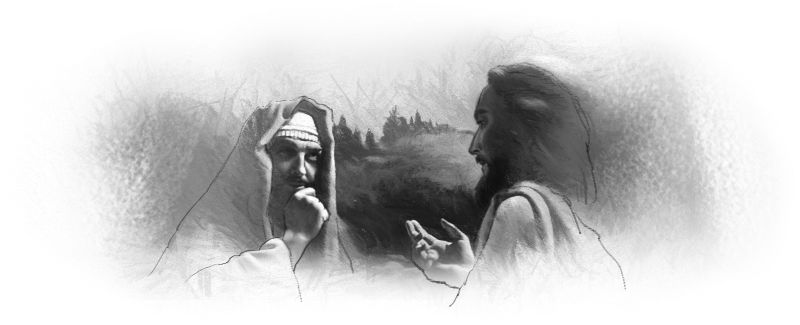An ambulance rushed 36-year-old Nigora to the hospital in Tashkent, Uzbekistan. She could barely talk. Her arms were numb. She was struggling to swallow. The doctor couldn’t diagnose her condition.
Nigora grew worse over the next month in the hospital. She couldn’t sleep for more than 15 minutes a day. X-rays showed activity in her brain.
Then a second doctor said Nigora had a terminal illness. He saw no hope.
Nigora didn’t believe in Jesus, but she had Seventh-day Adventist neighbors who did. They visited her in intensive care and asked for permission to invite their church pastor to come and pray with her. “No, no,” Nigora said. “I’m not well. I look terrible. Tell him to come when I feel better.”
But the neighbors insisted. “Let him come and pray for you,” they said.
Reluctantly, Nigora agreed. A day later, the pastor and his wife came to Nigora’s bed. The pastor read Psalm 23, anointed Nigora’s forehead with oil, and prayed, “Lord, give health to our sister. Give her healing so she can make a full recovery.” Nigora didn’t feel any different after the prayer.
The next day, the pastor and his wife returned. Again he read from the Bible, anointed her, and prayed. Again Nigora didn’t feel any different. But that night, she was able to sleep for several hours, not for 15 minutes.
The third day, the pastor and his wife returned. Again he read from the Bible, anointed her, and prayed. Again she didn’t feel any different. But that night, she slept the whole night. After that, she slept well every night.
The pastor and his wife continued to visit. Slowly, Nigora’s speech improved. Her arms and legs began to function. Hospital X-rays showed that her brain activity had returned to normal. The doctor was astonished.
“It’s impossible that you have recovered, and so quickly,” he said.
Four months after the pastor began praying, Nigora was driving her car and back at work.
The woman who hadn’t believed in God credited Him for her recovery.
“This is a miracle of God,” she said.
She is glad to have neighbors who cared for her. “I’m very grateful to God that He gave me these kind of friends, who are like family,” she said, speaking slowly but clearly in an interview with Adventist Mission.
Although Nigora believes in God, she has not given her heart to Him. A discouraging factor may be that many people in Uzbekistan view Seventh-day Adventists as members of a sect. Please pray for Nigora and others like her who have witnessed God’s power in their lives but have yet to make a decision for Him. Nigora is a pseudonym.


